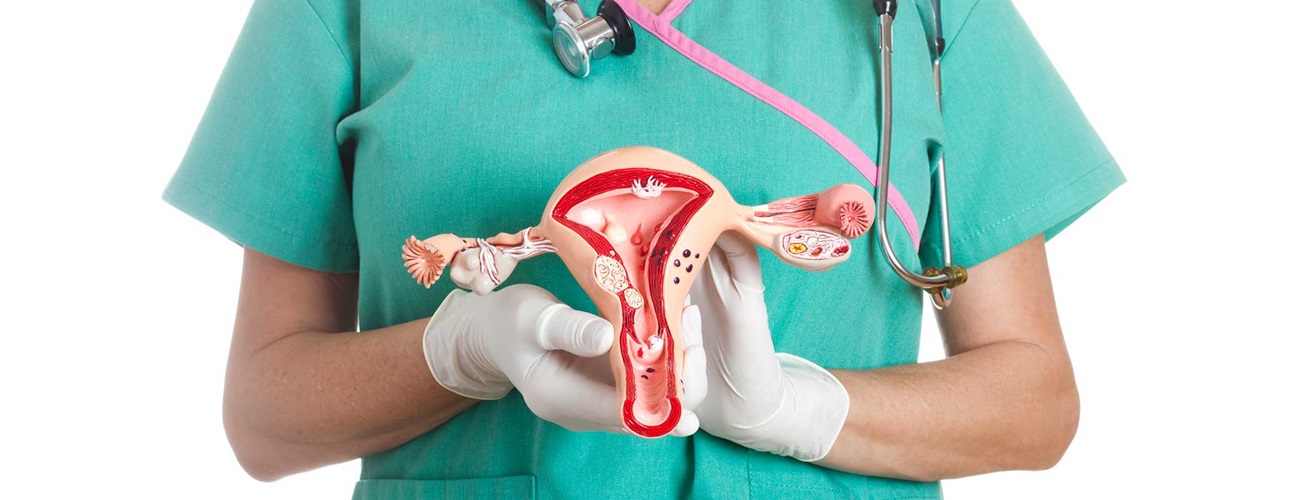John Lipman, MD,FSIR – Founder & Director of Atlanta Fibroid Center
Hysterectomy—surgery to remove the uterus—is one of the most common procedures performed in the United States. But did you know that it’s often recommended for conditions like fibroids, which are non-cancerous? Many women don’t realize the potential impact this surgery can have on their health and well-being. Whether you’re considering a hysterectomy or just want to learn more, it’s important to understand your options and the possible consequences.
What Are the Potential Risks of Hysterectomy?
When considering a hysterectomy, it’s essential to be aware of the potential challenges women may face, including:
- Losing your uterus
- Going into menopause early
- Complications during surgery
- Long recovery time
- Changes in sexual function
- Urinary leakage after surgery
The answer? All of the above!
Why Is Hysterectomy So Common?
Hysterectomy is the second most common surgery in the U.S., despite the fact that half of the population doesn’t even have a uterus! The leading reason for this surgery? Uterine fibroids, which are benign (non-cancerous) growths. While a hysterectomy may be necessary in cases of uterine cancer, it’s often performed for fibroids, despite the availability of less invasive treatment options.
Did you know that African-American women are disproportionately affected by fibroids? Studies show that up to 80% of African-American women will develop fibroids. They often experience more severe symptoms, have larger fibroids, and are three times more likely to undergo a hysterectomy compared to Caucasian women of the same age.
Your Uterus Matters
Regardless of your age or whether you plan to have children, your uterus plays an important role in your overall health. Too often, women with fibroids are told their uterus is no longer needed after having children. However, a hysterectomy comes with serious risks beyond the surgery itself, such as:
- Infection and bleeding
- Damage to nearby organs (such as the bladder or bowel)
- Blood clots and other complications
On an emotional level, many women struggle with the loss of their uterus, feeling that it impacts their identity and femininity. Some women compare it to how a man might feel after castration. Unfortunately, it’s difficult to predict who will experience this emotional distress before surgery.
How Hysterectomy Can Affect Sexual Health
Your uterus plays a significant role in your sexual health. After a hysterectomy, many women experience:
- Loss of libido (sex drive)
- Difficulty achieving orgasm
- Pain during intercourse
Once the uterus is removed, uterine orgasms can no longer occur. Additionally, during surgery, nerves connected to the uterus and surrounding areas may be damaged, leading to decreased sensation and discomfort. The shortening of the vagina during surgery can also make intimacy painful.
Many women who undergo hysterectomy for fibroids are still young, with the average age being just 39, and may not have been fully informed about how their sexual health could be impacted.
Hysterectomy and Urinary Leakage
Have you ever noticed the images on adult incontinence product packaging? You might be surprised to see young women—often African-American women—featured prominently. That’s because urinary leakage (incontinence) is a common consequence of hysterectomy.
The removal of the uterus can weaken pelvic floor support, leading to bladder control issues that can significantly impact a woman’s daily life and confidence.
Early Menopause and Other Health Risks
Even if your ovaries are left intact during a hysterectomy, the surgery can trigger early menopause. This means young women who should have years before experiencing menopause suddenly find themselves dealing with symptoms like:
- Hot flashes and night sweats
- Mood swings and depression
- Weight gain and fatigue
- Hair thinning and dry skin
Additionally, women who undergo hysterectomy face a higher risk of osteoporosis, a condition that weakens bones and increases the risk of fractures.
Research also shows that women who have a hysterectomy before age 50 are at a three times greater risk of heart disease. If the ovaries are removed as well, that risk jumps to seven times higher.
Considering Alternatives
Here’s the good news—hysterectomy isn’t the only option for treating uterine fibroids. Uterine Fibroid Embolization (UFE) is a non-surgical, outpatient procedure with a 90% success rate in treating fibroid symptoms. It has been safely used for over 25 years and is endorsed by the American College of Obstetricians and Gynecologists as a great alternative for women who want to preserve their uterus.
By exploring options like UFE, women can avoid unnecessary surgery and its lifelong effects.
The Bottom Line
Hysterectomy is a major decision that should not be taken lightly. Before considering surgery, it’s important to explore all available treatment options and have open discussions with your healthcare provider about the potential risks and long-term effects.
Your health matters, and so does your uterus. Get informed, ask questions, and advocate for the best solution for your body and well-being.

